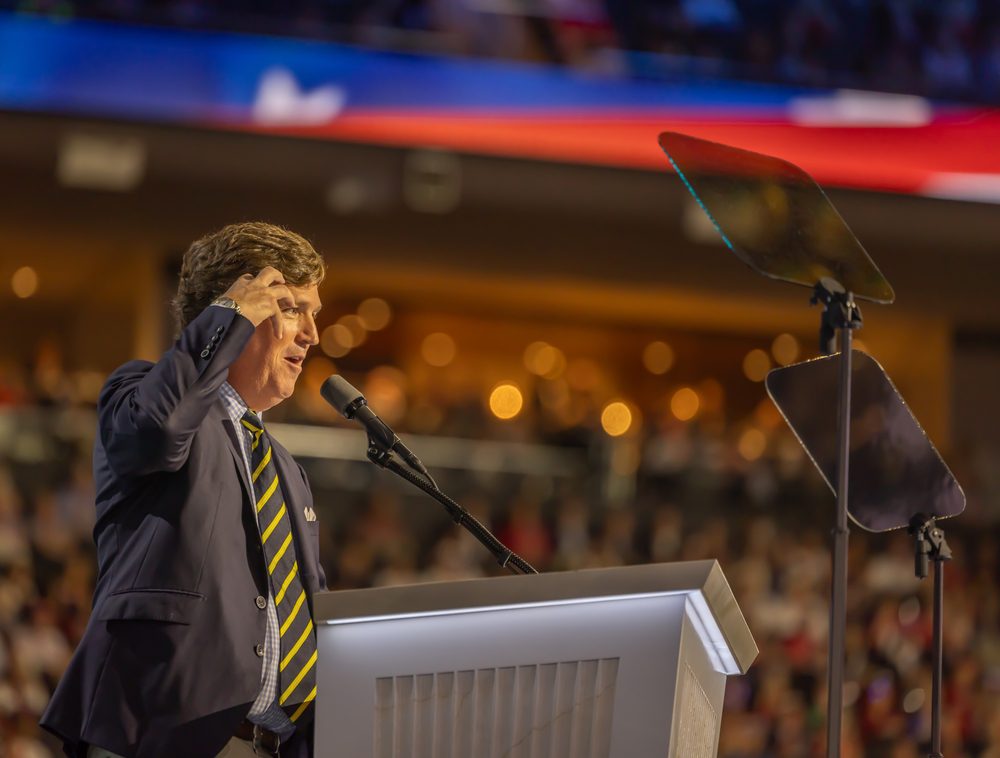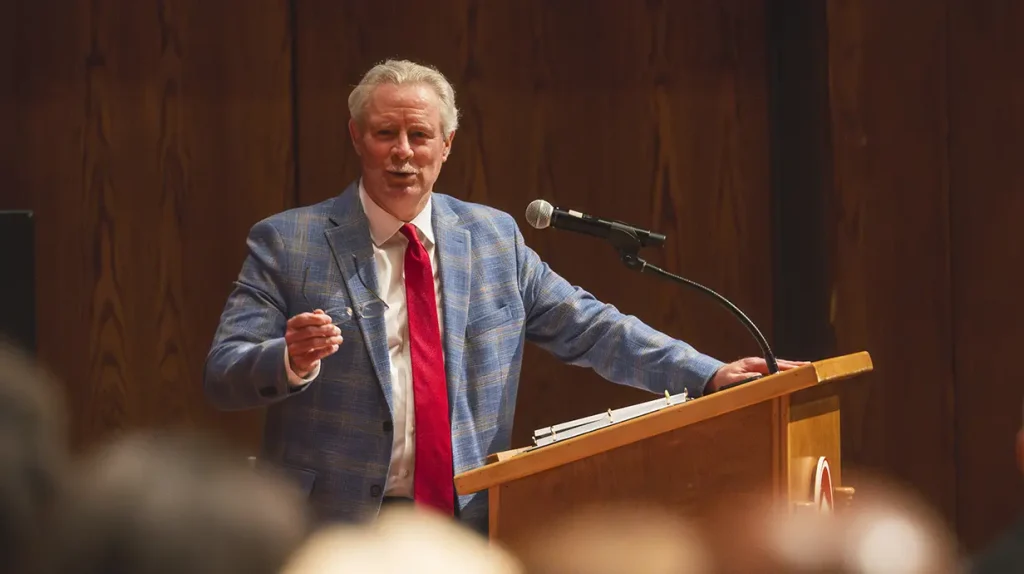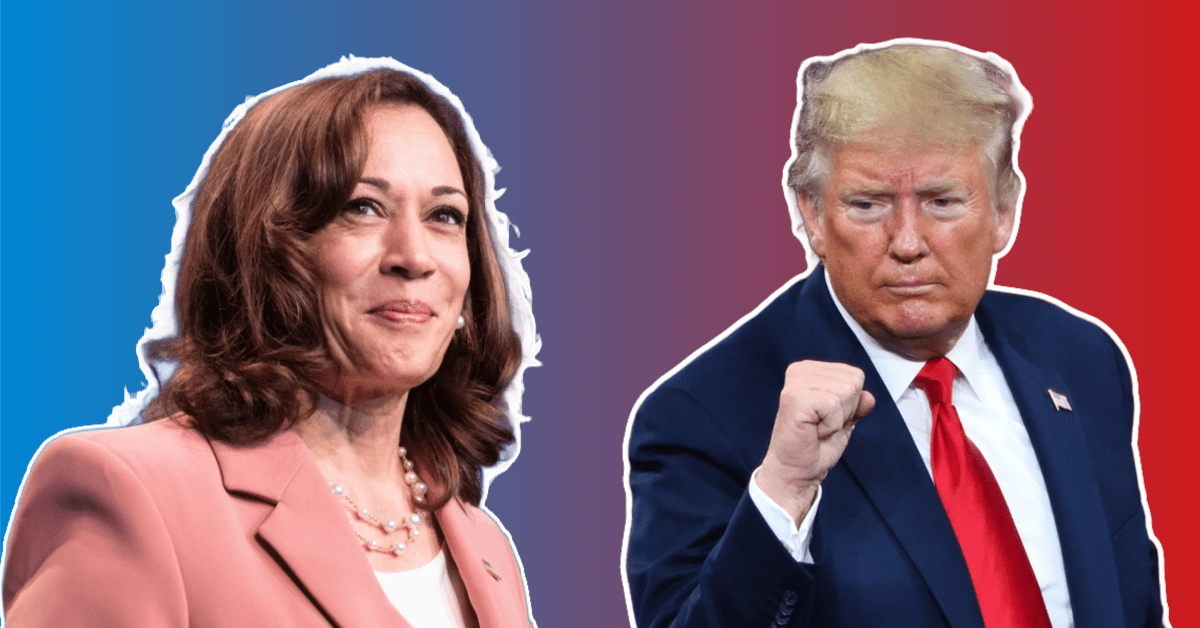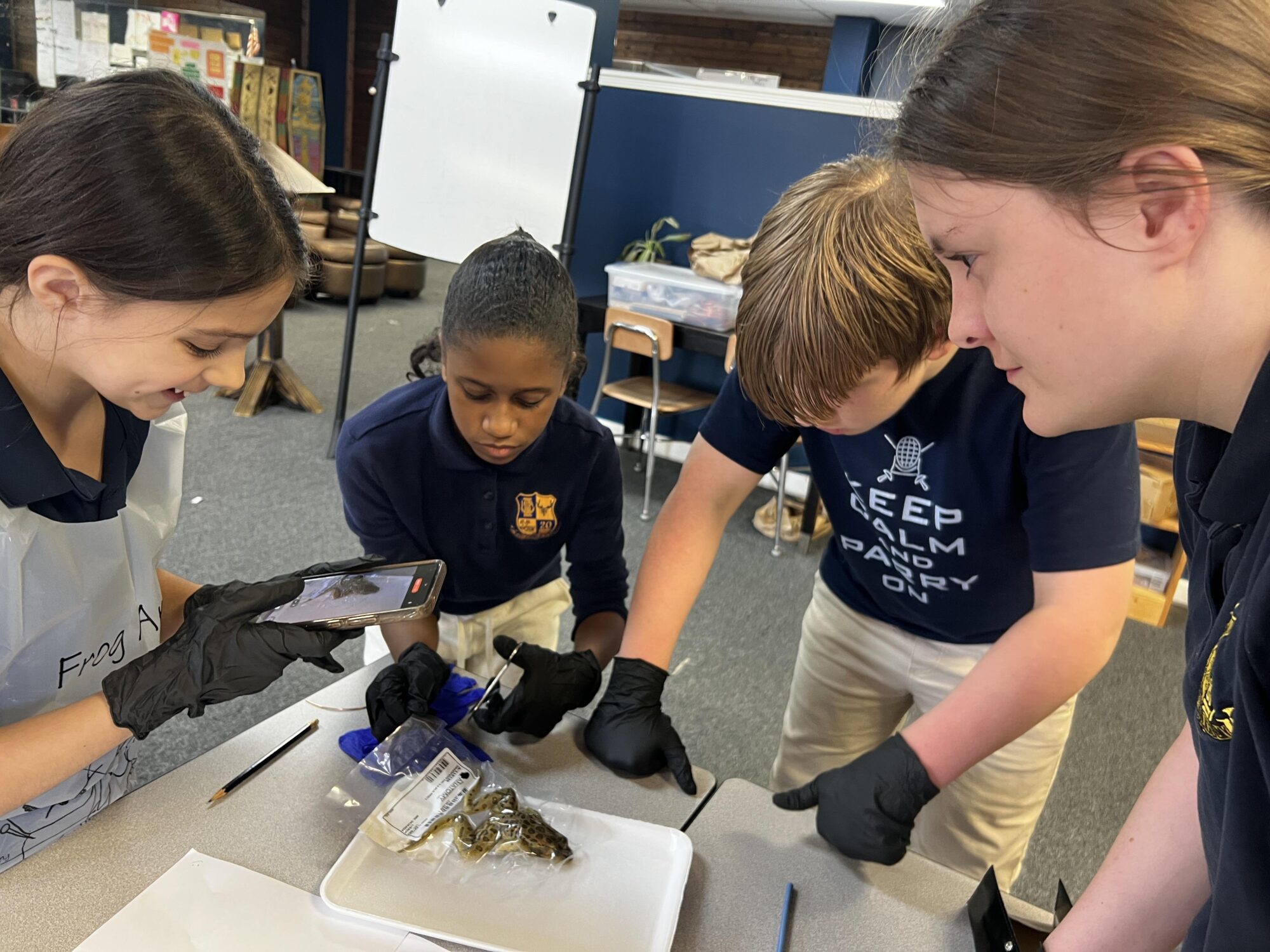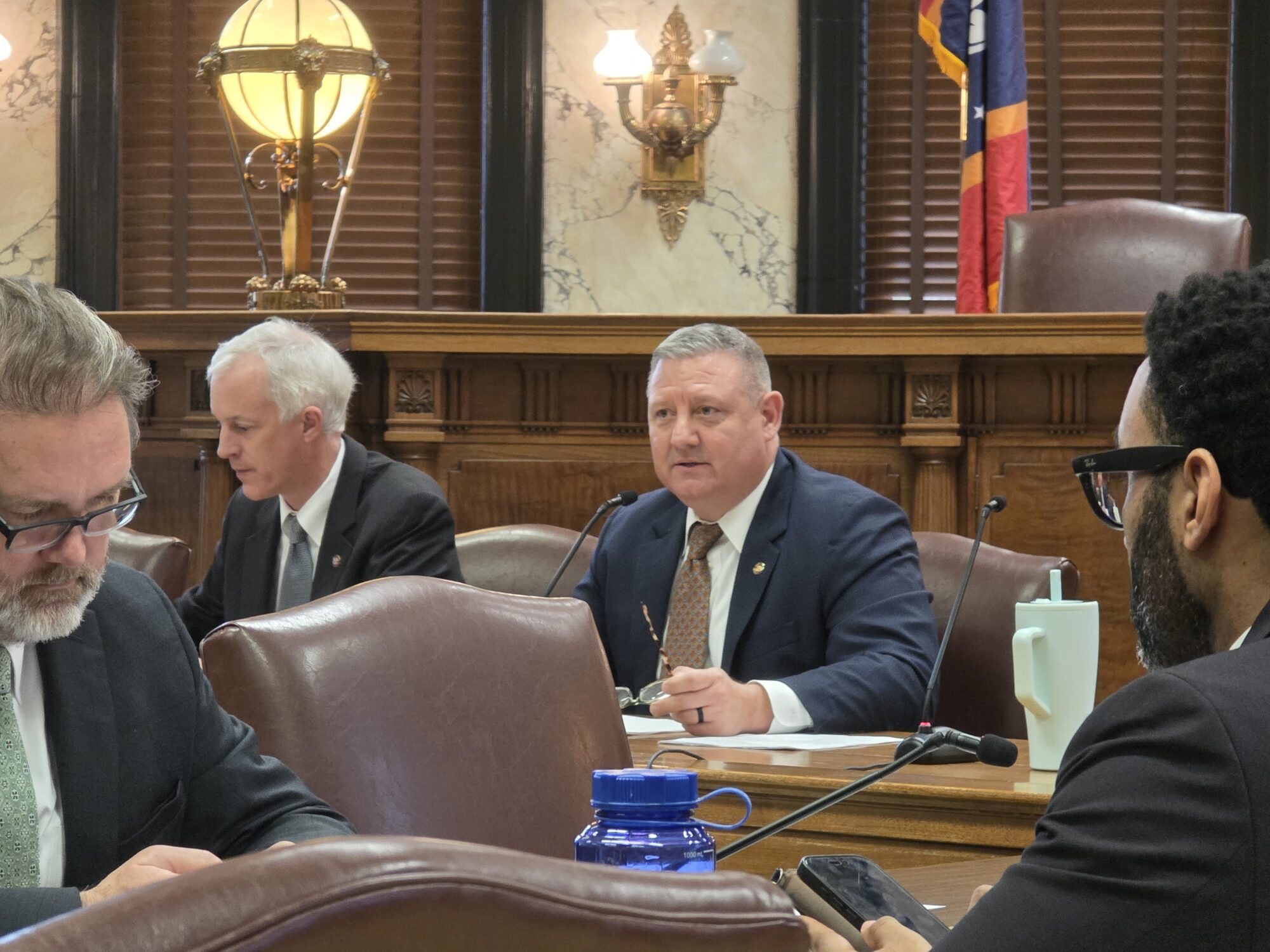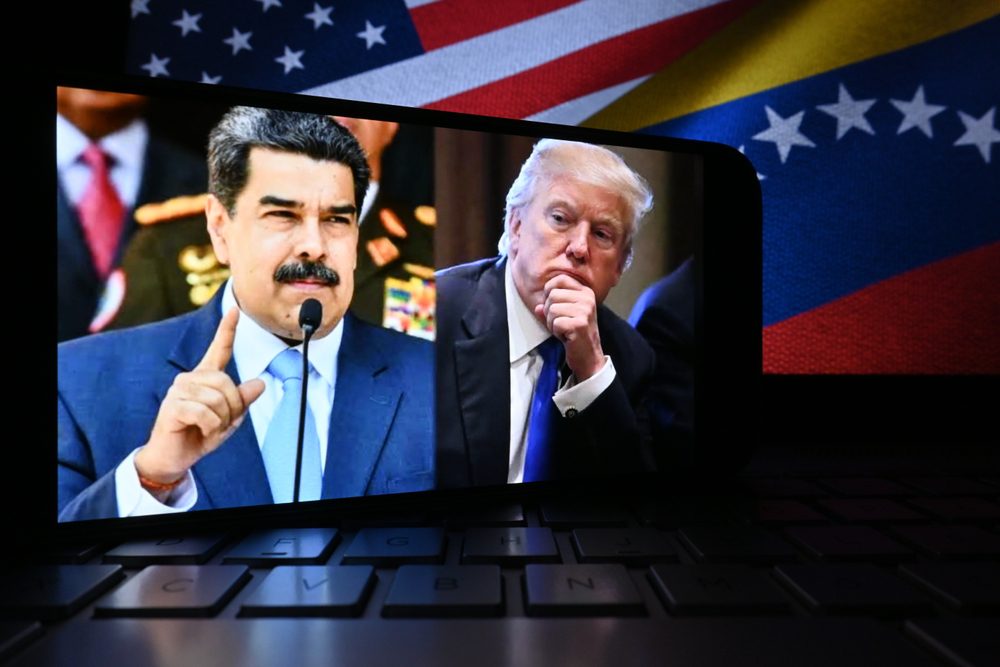
- Only 12 percent of Republicans and only 27 percent of independents have a great deal or fair amount of trust in media. The growing trust deficit is justified.
On October 7th, the anniversary of Hamas’ deadly attack on Israeli civilians, CBS journalist Tony Dokoupil found himself in hot water after an interview with author Ta-Nehisi Coates.
Coates is the son of a former black panther who came to notoriety writing about issues of race, class struggle, and reparations. His latest book, The Message, features a one-sided account of the 76-year struggle between Israel and the Palestinians.
In Coates view, Israel is the bad guy. It’s the “Jim Crow South.” In an interview with New York Magazine, Coates, who had no previous expertise on the conflict prior to writing the book, compared people who defend Israel with defenders of slavery in America.
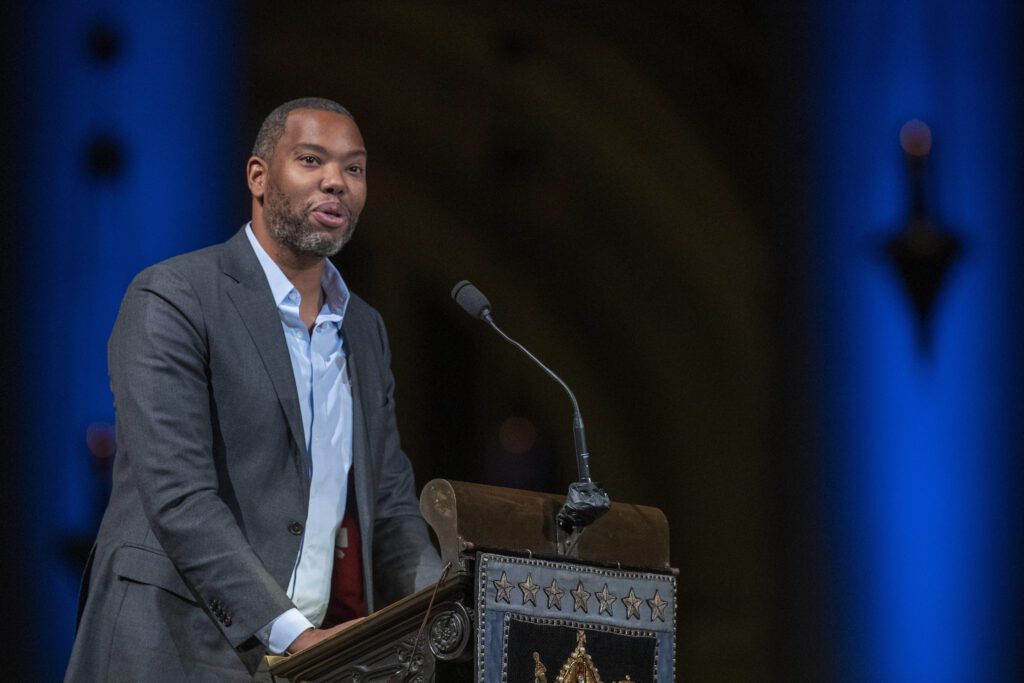
It’s the type of inflammatory rhetoric that gets lauded as ‘brave’ when someone on the ideological left does it and ‘crazy’ when someone on the ideological right does. In a bygone era, the observation might have been labeled anti-Semitic, or at a minimum, uninformed.
Dokoupil, a Jewish journalist, pressed the author on why he had left out of his book key context, including the fact that Israel is routinely the victim of terrorist attacks and surrounded by nations, who for seven decades, have sought to wipe it from the map.
Fair questions, particularly when you realize The Message fails to even once mention Hamas, Hezbollah, Iran, or jihad — all of which have a more than good amount to do with the conflict.
But Dokoupil probing Coates’ omissions proved to be a fatal error in the eyes of CBS executives. So on the morning of October 7th, one year after more than 1,400 Israeli civilians were murdered by Hamas terrorists, a meeting was called to publicly shame Dokoupil in front of his colleagues.
Staff were told the interview did not meet the network’s “editorial standards,” and that reporting on a story like October 7th “requires empathy, respect, and a commitment to the truth.” The same executive said, “There are times we fail our audiences and each other. We’re in one of those times right now.”
Preventing a journalist from asking questions that acknowledge historical record in a complicated conflict, and in so doing, allowing a historically inaccurate and one-sided account to remain unchallenged on air, hardly seems like an empathetic “commitment to the truth.”
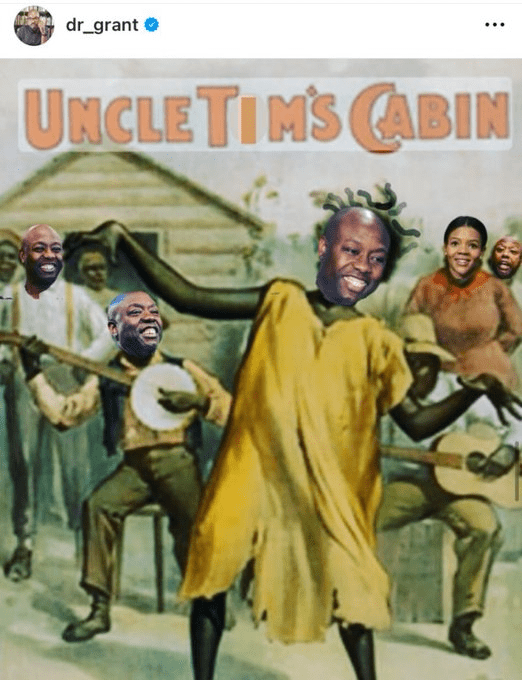
But alas, up is down and Orwellian gaslighting is the soup du jour. CBS hired a self-described “mental health expert, DEI strategist, and trauma trainer” named Donald Grant to come in and lead a “struggle session” over Dokoupil’s interview. The plan fell through after Instagram posts of Grant’s went viral. In one, he compared U.S. Senator Tim Scott, who is an Black Republican, to Uncle Tom. In another, he described the potential election of Donald Trump as “MAGAcide.” No doubt he was prepared to consider all points of view in a quest for harmony at CBS.
The struggle session went on without Grant and Dokoupil was forced to publicly apologize for the verboten offense of asking questions that defy groupthink narratives.
This story was first reported by The Free Press, an excellent online publication for people who don’t mind thinking for themselves.
The Father of a Hostage
In November of 2023, just one month after the Hamas attack, CBS host Gayle King interviewed Thomas Hand. Hand’s 8-year old daughter was abducted and taken hostage by Hamas on October 7th. As Hand described his experience, King accused him of being political and questioned why he had not acknowledged the death of Palestinian children.
One might argue that the line of questions to a father whose child was just kidnapped lacked “empathy.” Still, there were no “DEI strategists” or “trauma trainers” brought in by CBS to help the staff cope with King’s interview. Nor should there have been. Because well-formed adults, working in a newsroom, should not be so fragile as to need counseling after they hear something they don’t like — no matter how repugnant.
Shortly after the “crisis” with Dokoupil’s interview, CBS News became submerged in another scandal, when it edited interview answers of Vice President Kamala Harris to make them more succinct and cogent.
An Austere Religious Scholar
The Washington Post headline when Republican U.S. Senator James Inhofe died read “James Inhofe, Oklahoma senator and climate-change denier, dies at 89.”
But when the leader of Isis was killed, the paper’s headline described him as an “austere religious scholar” with no reference to his reign of terror across the Middle East.
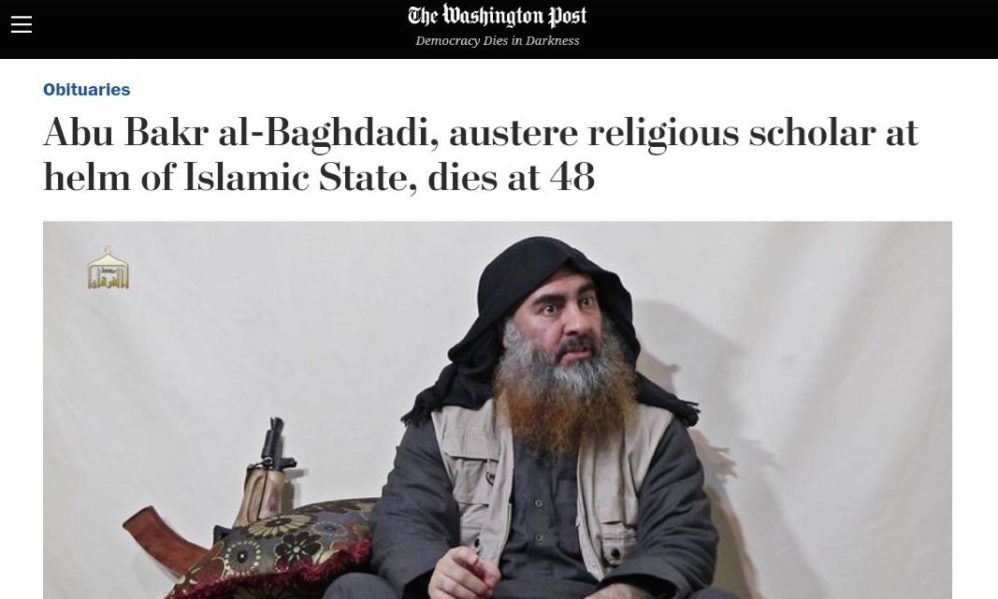
I could continue with absurd examples for days, but you get the point. Newsrooms have become so homogenous, myopic, and agenda-driven, that the end result is higher deference to a terrorist killer than a Senator with nearly 40 years of service to country, who happened to question man-made climate change.
The Trust Deficit
It’s no wonder trust in the media is plummeting. The industry is in crisis, but simultaneously self-satisfied, smarmy, and condescending toward critics.
A recent Gallup survey found that only 12 percent of self-identified Republicans and only 27 percent of self-identified independents have a great deal or a fair amount of trust in mass media. If only Democrats think the media is trustworthy (and that number is plummeting too), perhaps the industry is not as fair and virtuous as it likes to portray itself.
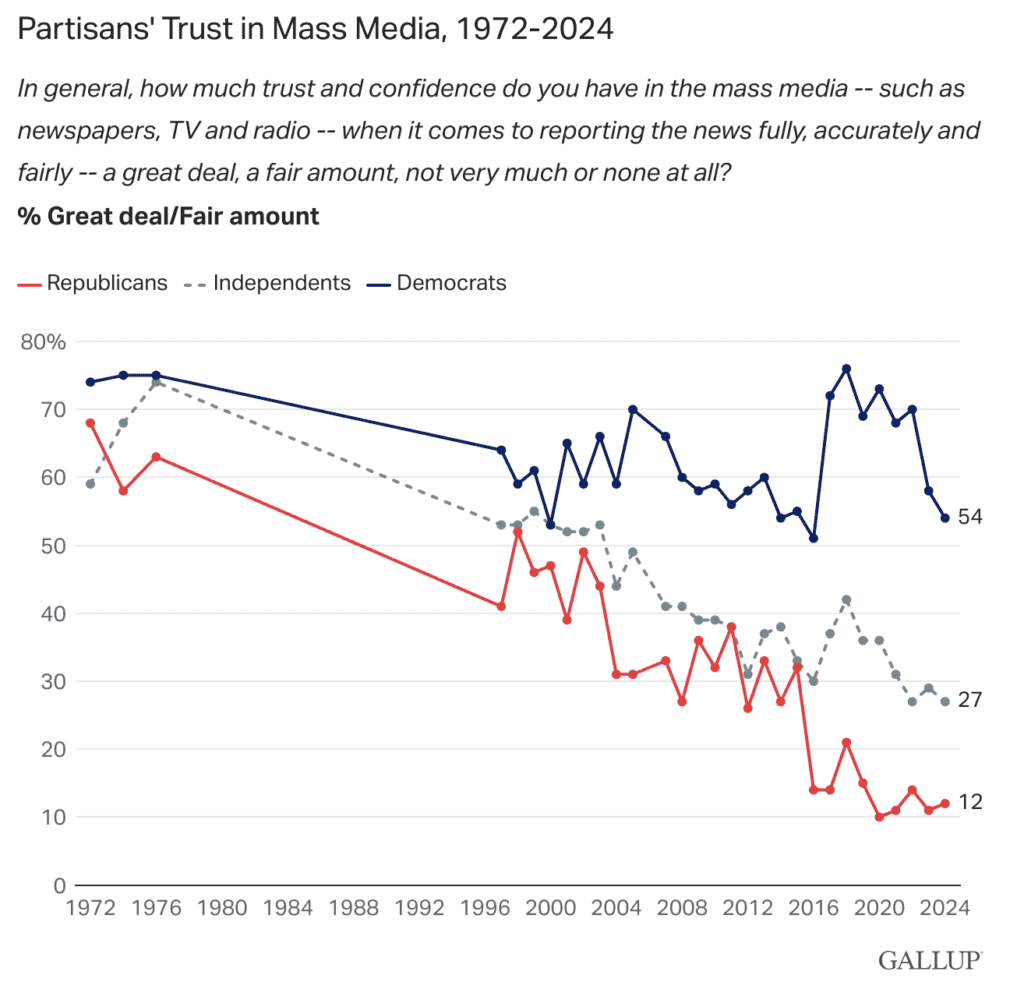
A 2020 survey of over 1,600 reporters found that U.S. political journalists “are overwhelmingly liberal.” 8 in 10 respondents who identified with a political party or ideology said they were liberal/Democrats. A separate study found that just 7 percent of journalists identify as Republicans, down from 26 percent fifty years ago.
While some discount that the extreme liberal skew of perspectives results in biased reporting, that seems naive to most people approaching the question objectively, and certainly is not the experience of people consuming it.
Even if not intentional, if people only consort with others who think like them then their access to other perspectives and their ability to weigh the validity of those perspectives is deeply distorted. It is in this environment that a sensible reporter, questioning why a provocative author did not consider the full history of Israel and Middle East conflict in arriving at the conclusion that Israel is evil, becomes a radical who must be shunned by the collective.

